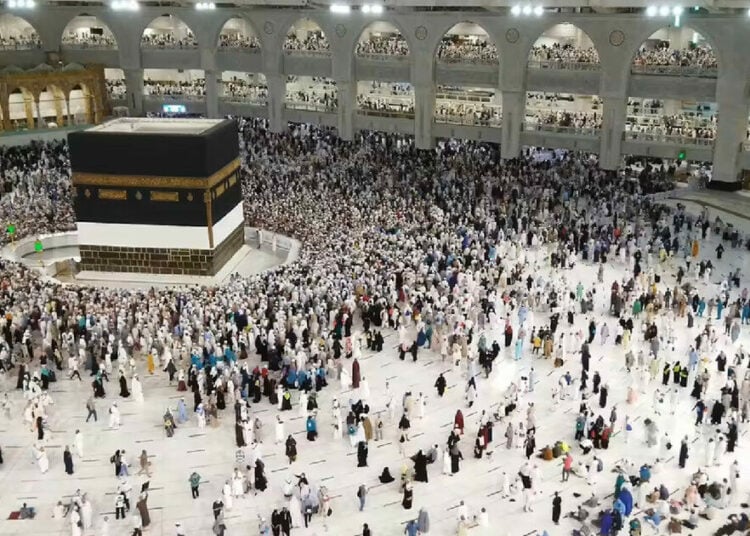The Kingdom of Saudi Arabia has unveiled comprehensive health requirements and guidelines for intending pilgrims planning to perform Hajj in 2026, corresponding to Hajj 1447 AH.
The circular outlines both mandatory and recommended medical conditions that must be met prior to undertaking the sacred journey.
In the announcement, the Saudi Ministry of Health emphasised the responsibility of all nations, including Nigeria, to ensure that their citizens who intend to partake in Hajj are in good health and free from ailments that could compromise their own wellbeing or that of others during the pilgrimage.
Conditions that may hinder an individual’s participation include severe heart, lung, or kidney diseases, advanced chronic illnesses, and various mental or psychological disorders.
Key medical fitness requirements mandated by the Saudi authorities include the submission of a health certificate from the pilgrims’ respective countries. The certificate must confirm that individuals do not suffer from a range of significant health issues, such as: major organ failure affecting the heart, lungs, liver, or kidneys
Neurological or psychiatric disorders impairing cognition or causing severe motor disabilities – dementia or other forms of senility, high-risk pregnancies at any stage, ongoing cancer treatments, including chemotherapy and radiotherapy and active infectious diseases such as tuberculosis and hemorrhagic fever.
Vaccination also forms a critical component of the health requirements for the forthcoming Hajj. Pilgrims must provide valid vaccination certificates for several diseases before entering the Kingdom.
To enforce health requirements, screenings will be conducted at all entry points into Saudi Arabia. Any traveller who fails to meet the health standards may be refused entry, isolated, or subjected to further medical evaluation. The Saudi Ministry of Hajj and Umrah reiterated the importance of the protocols, stating, “No pilgrim suffering from the listed diseases will be allowed to travel, and health certificates will be thoroughly verified.”
Additionally, the Kingdom reserves the right to impose further measures should global disease outbreaks or international public health emergencies arise, in collaboration with the World Health Organisation (WHO).
The National Hajj Commission of Nigeria (NAHCON) has urged all intending pilgrims to be proactive in meeting the health requirements9 and to complete vaccinations and health checks well in advance of the 2026 Hajj season.
NAHCON, along with State Muslim Pilgrims Welfare Boards and Licensed Tour Operators, will work collaboratively to ensure compliance, aiming to prevent travel disruptions upon entry into the Kingdom for the Hajj exercise.





